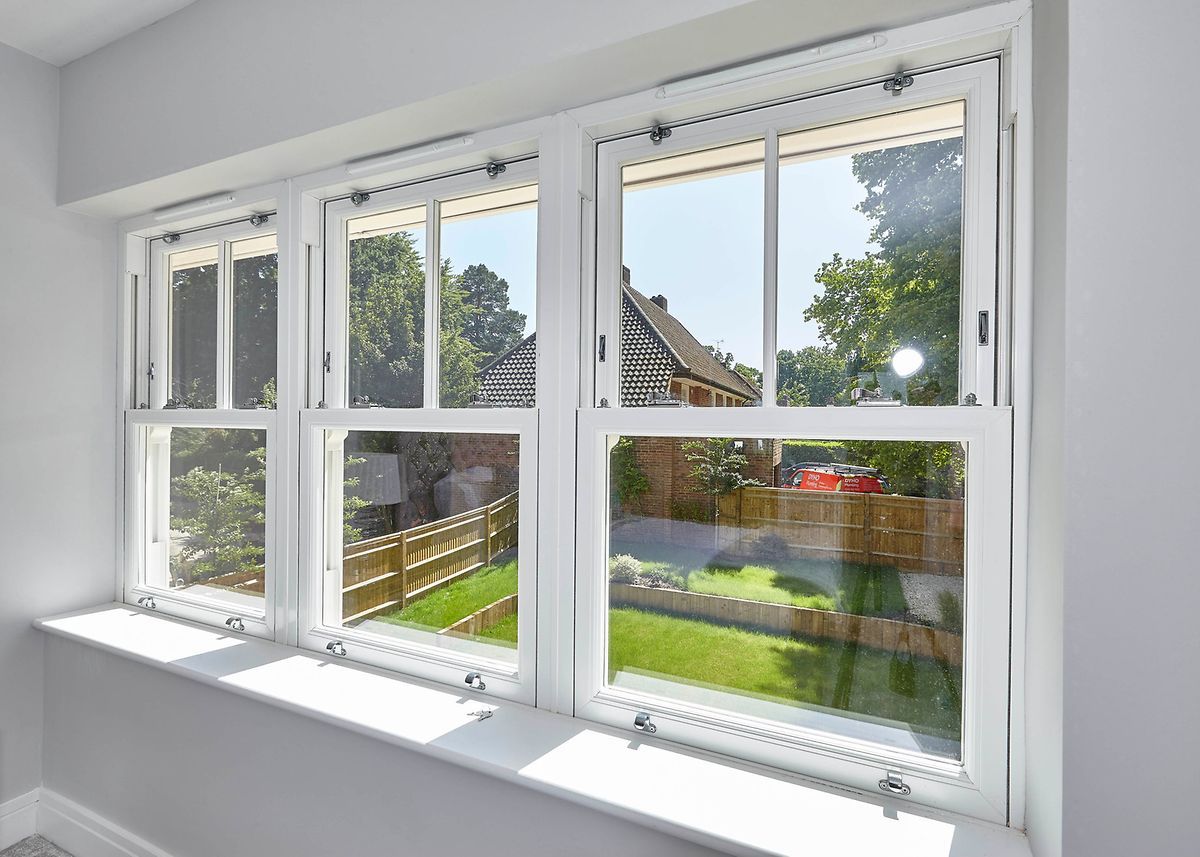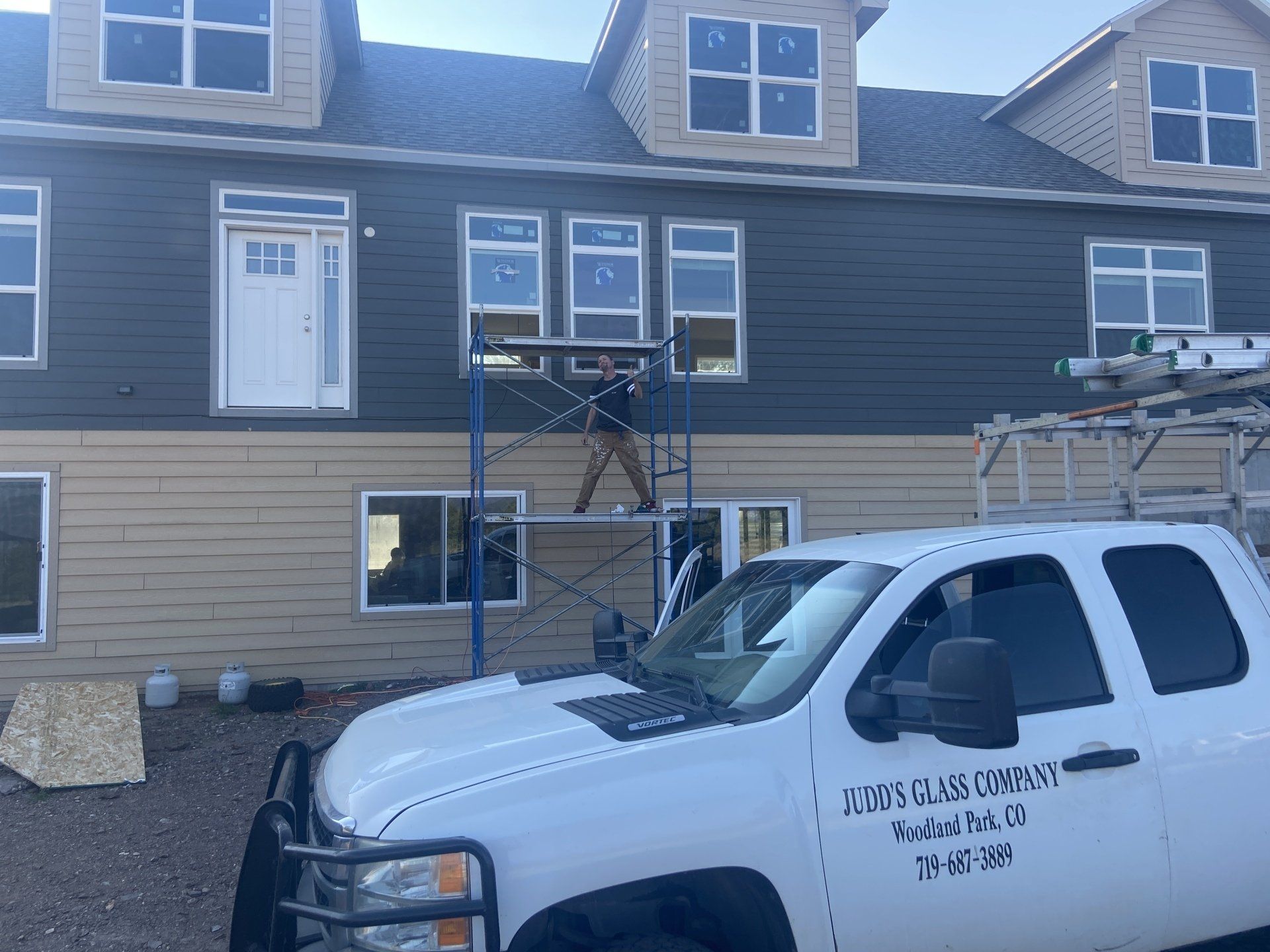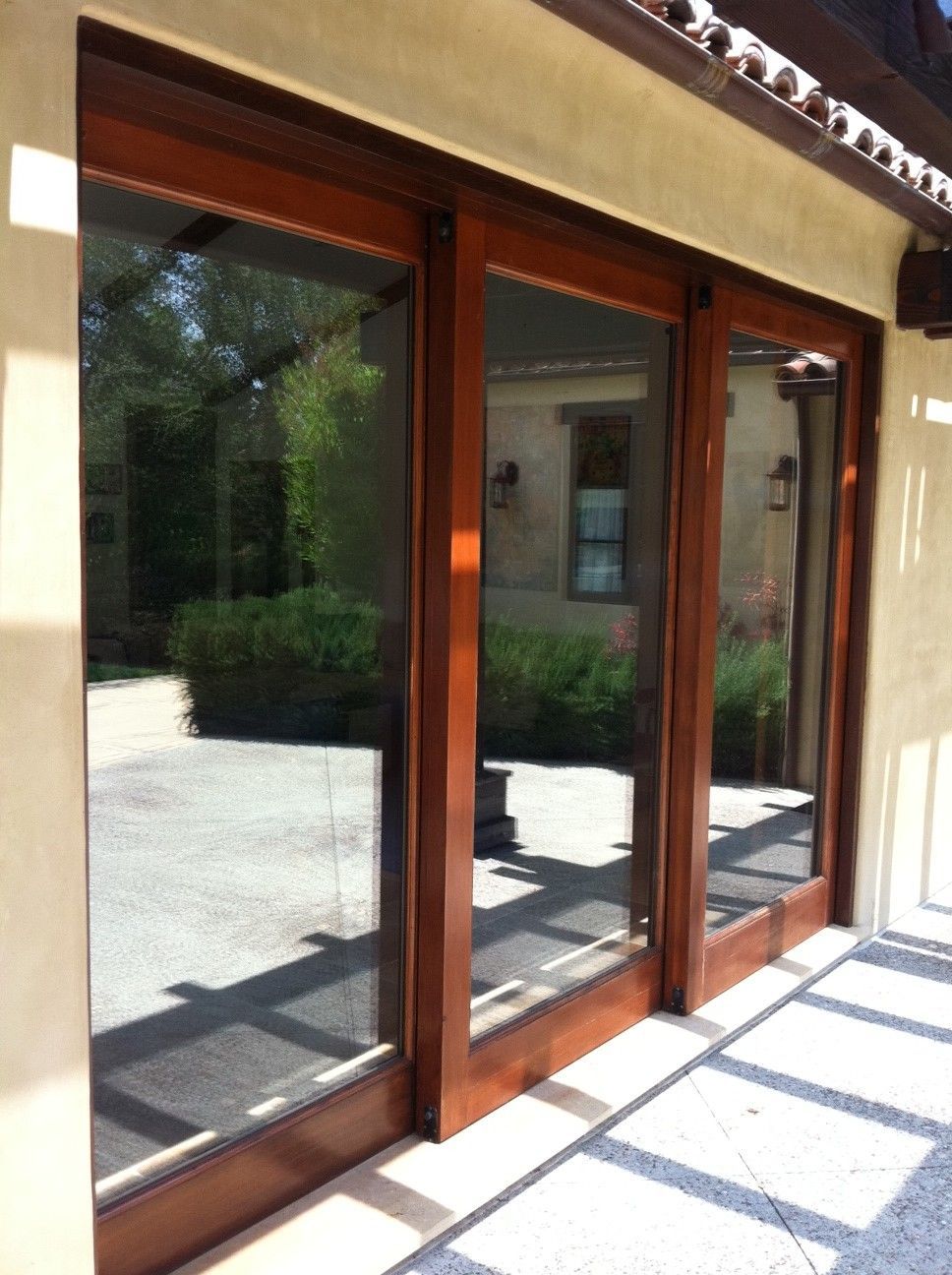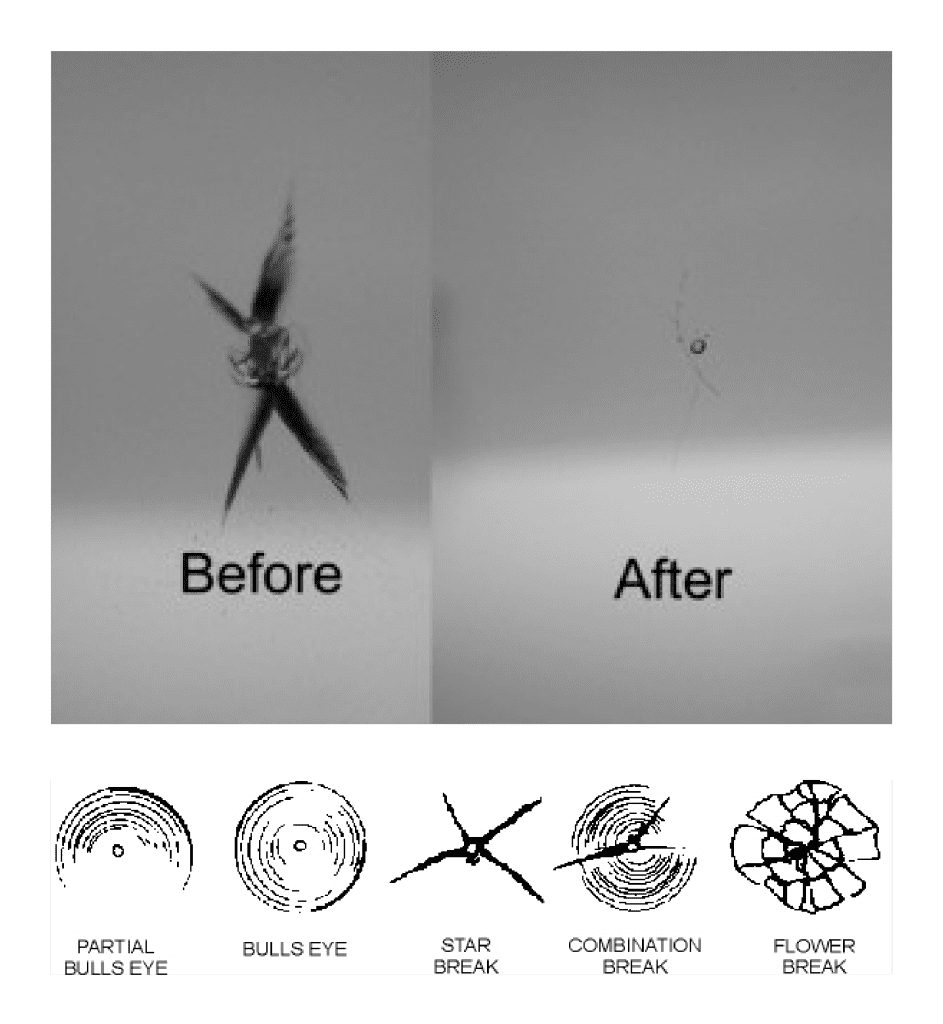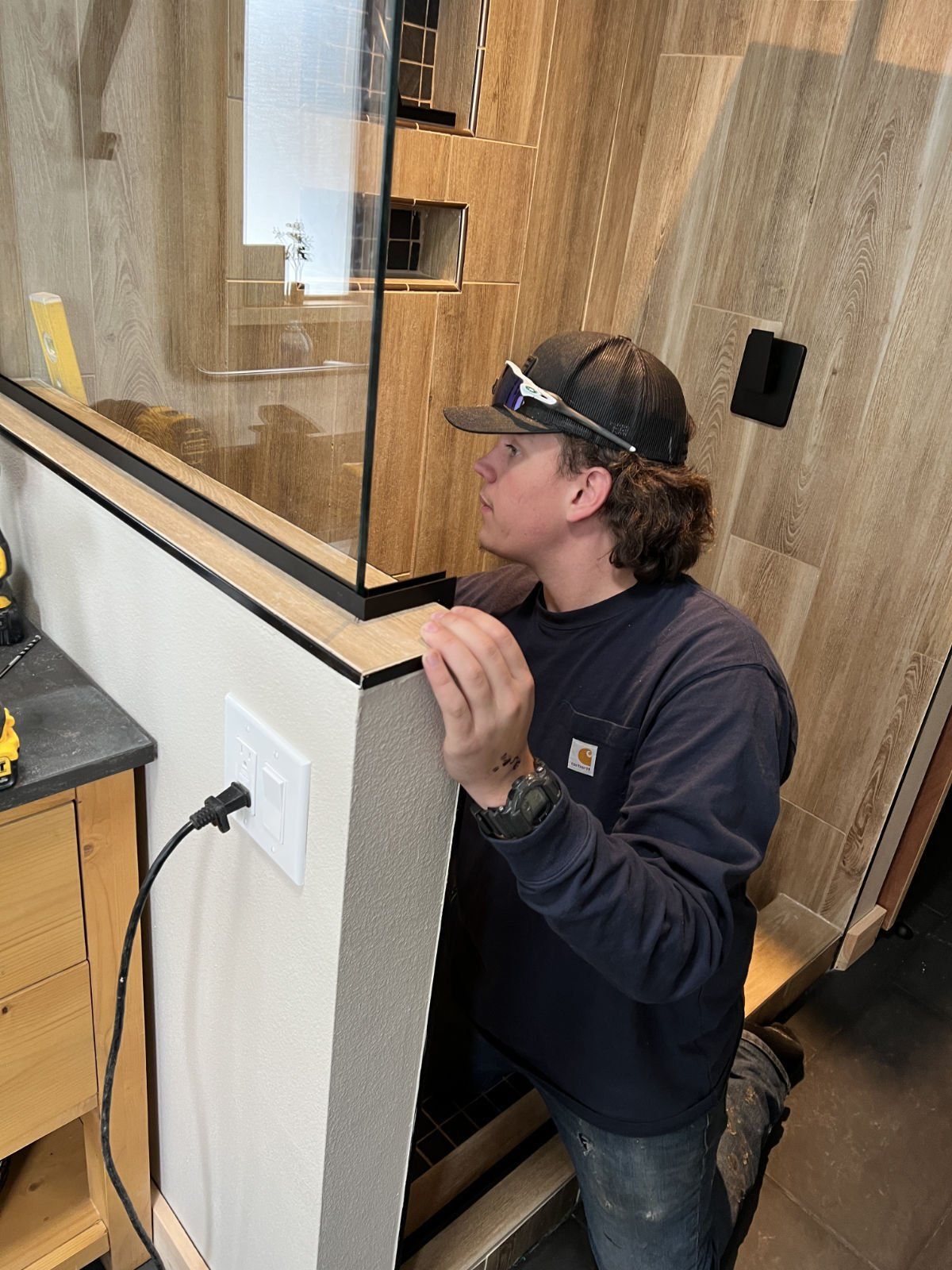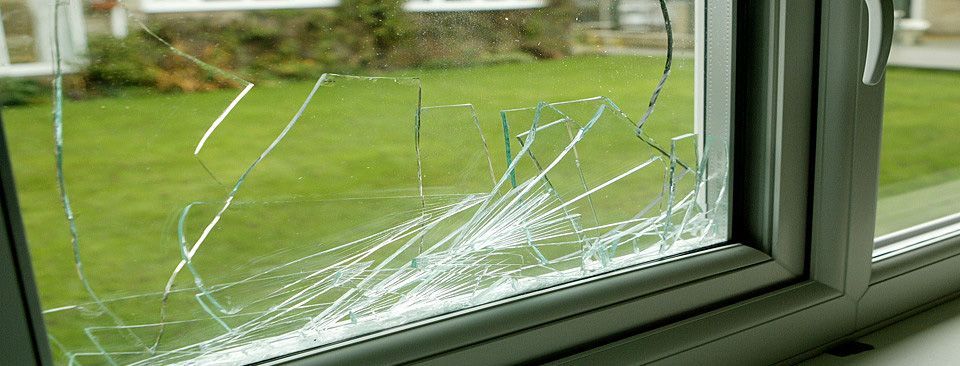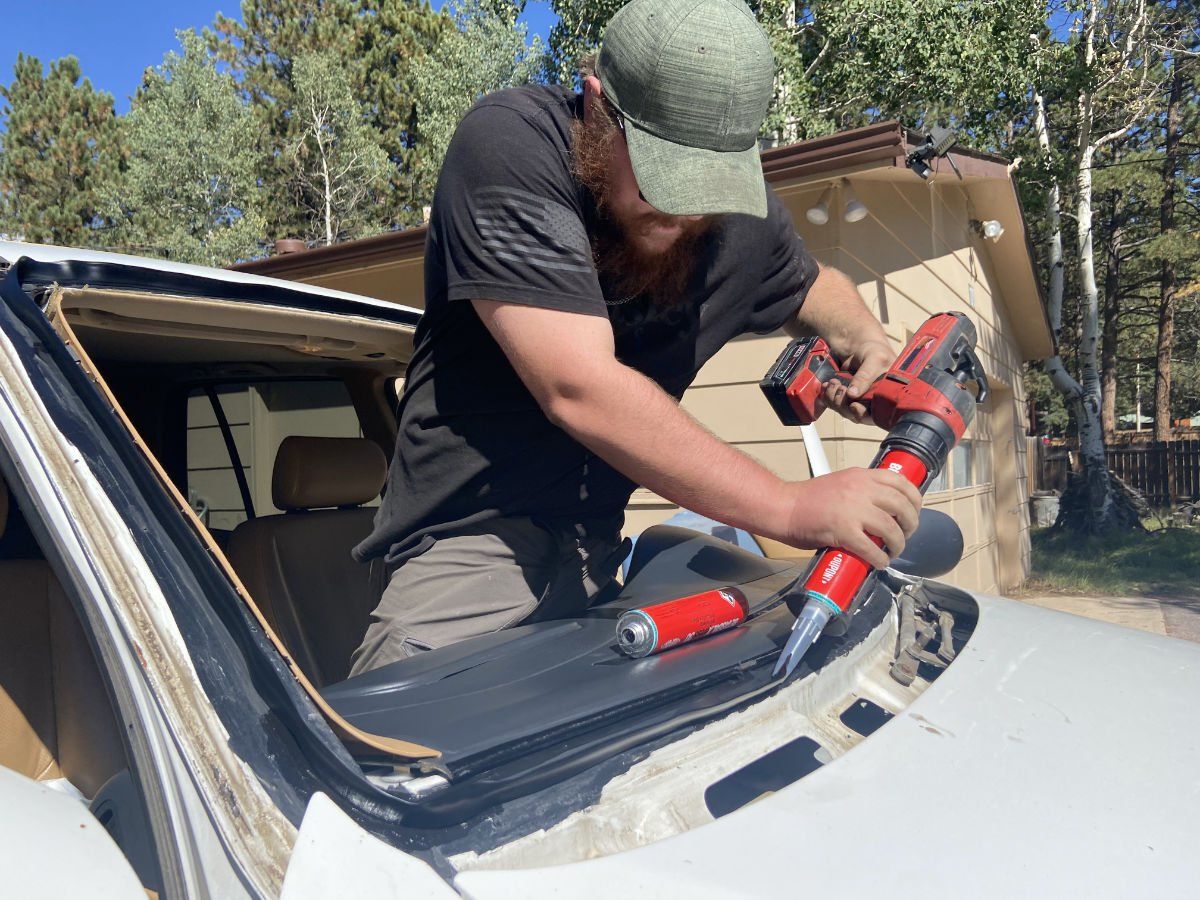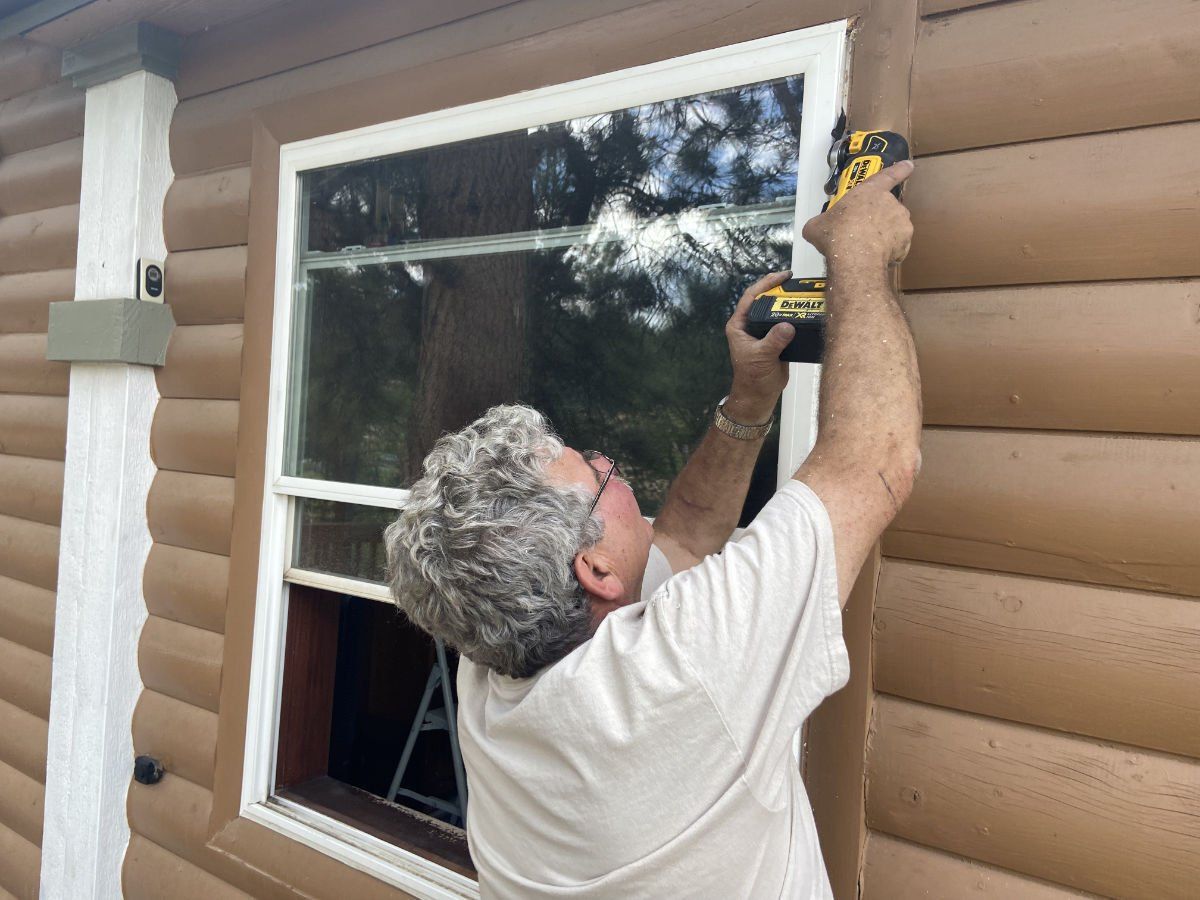
Tips for choosing the best windows for your home at the best price.
Replacement windows can cost a lot.
All-new vinyl windows for an average 2,450-square-foot house run about $19,000, according to the "Remodeling Impact Report" from the National Association of REALTORS®.
But that doesn’t mean the numbers can’t make sense for you. For starters, window replacement is one of the best home remodeling projects in terms of investment return: For average-quality vinyl windows, you can recoup 80% of the project cost in added home value.
Still, think long and hard before committing to new windows. In most cases, you can get the same energy savings by investing $1,000 or so in insulation, sealing air leaks, and repairing your windows instead of replacing. *This is typically the case with newer widows that are cheap non insulated windows.
If you decide your windows need replacing, here are some facts to help you spend your dollars wisely.
The Cost and ROI of Replacement Windows
The range for energy-efficient window pricing is wide, but Energy Star-qualified windows start around $220 for a 36-inch-by-72-inch, single-hung window and can go up to 10 times that. With labor, you’re looking at about $370 to $900+ per window. Typically, windows at the low end of the price spectrum are less energy efficient.
You’re also likely to see modest savings on your energy bill. In general, you’ll save up to 15% a year on your energy bill if older double-pane windows in a 2,600-square-foot house are replaced with energy-efficient windows with low-E coatings, according to the Efficient Windows Collaborative, a coalition of government agencies, research organizations, and manufacturers that promotes efficient window technology.
Keep in mind, though, that the savings can vary widely by climate, local energy costs, and the energy efficiency of both the windows purchased and the windows being replaced. Finally, you may qualify for low-interest loans or other incentives offered by your local utility that can sweeten the deal, although fewer of these are becoming available.
Price vs. Energy Efficiency
The most efficient windows on the market are usually the most expensive, but it’s not necessary to buy the highest-end products to realize utility bill savings or improve comfort and aesthetics. So how do you choose the most energy-efficient models for the price?
Thanks to Energy Star, you really don’t have to. Energy Star labels will tell you whether a window performs well in your climate based on ratings from the National Fenestration Rating Council.
The Language of Windows
It’s also helpful to familiarize yourself with terms that appear on many window labels:
Glazing is simply the glass used in the window. The number of layers of glazing (single, double, or triple) doesn’t necessarily equal greater efficiency; the presence or absence of the other items in this list affects a window’s total energy performance. Glazing coatings can substantially affect a window’s U-factor, or degree of insulation against the outdoors.
Low-E stands for low emissivity, the window’s ability to reflect rather than absorb heat when coated with a thin metallic substance. Low-E coatings add up to 10% to the price of a window.
If your windows are in relatively good shape but you’d like better insulation, you can buy and apply Low-E films to your windows. They’re effective, but not as much as those put between glazing layers during manufacturing. Look for the NFRC rating on these films. Low-E films start at about $0.50 per square foot, but you may want to check into the cost of having them professionally installed for large or complicated applications.
Gas fills typically consist of argon or krypton gas sandwiched between glazing layers to improve insulation and slow heat transfer. They often won’t work at high altitudes because differences in air pressure cause them to leak out.
Spacers separate sheets of glass in a window to improve insulating quality; the design and material are important to prevent condensation and heat loss.
Frame materials include vinyl, wood, aluminum, fiberglass, or a combination of those. They each have different strengths: Vinyl windows are good insulators and are easy to maintain but contract and expand with temperature changes, affecting the window’s air leakage; wood offers a classic look but is similarly affected by moisture changes and needs regular maintenance; fiberglass is very stable and low-maintenance but can be expensive; and aluminum is lightweight, stable, and a good sound proofer but is a rapid conductor of heat, making it a drain on energy efficiency.
- Best Window Brands
- 1. Andersen Windows
- 2. Pella Windows
- 3. Milgard Windows
- 4. Simonton Windows
- 5. Harvey Windows
- 6. Loewen Windows
- 7. Ply Gem Windows
- 8. Alside Windows
- 9. PGT Windows
- 10. Jeld Wen Windows
Call Today for your free estimate 719-687-3889
Judd’s Glass & Mirror Service Areas
Teller County, Colorado
El Paso County, Colorado
Park County, Colorado
Colorado Springs, Colorado
Fairplay, Colorado
Fountain, Colorado
Falcon, Colorado
Peyton, Colorado
Widefield, Colorado
Security, Colorado
Black Forest, Colorado
